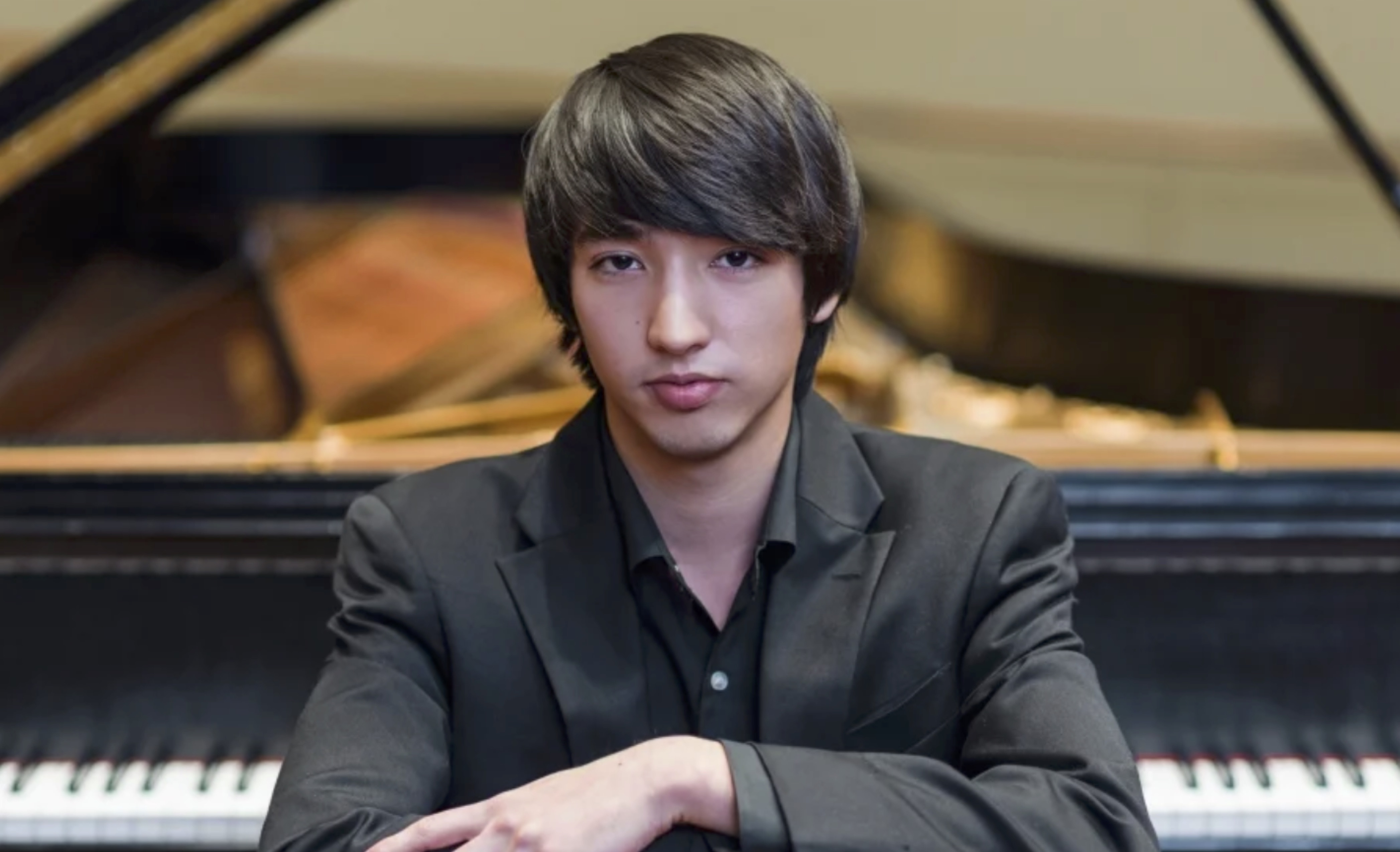Award-winning pianist Lior Willinger performs works of Fanny Mendelssohn, Florence Price, Marianna Martines, and more.
Join us Friday, March 3 at 7:30 pm for Music at St. David's March First Friday concert featuring award-winning pianist Lior Willinger. Currently a doctoral candidate at the Peabody Conservatory, Willinger performs a program featuring Fanny Mendelssohn's "Easter Sonata" (long attributed to her brother Felix) alongside works of Florence Price, Teresa Carreño, Marie Jaëll-Trautmann, and Marianna Martines.
The event is free and open to the public, with doors opening at 7:00 pm. A suggested donation of $15 ($10 retirees & students, no obligation for children 12 and under) directly benefits the musicians and the music series. Masks are encouraged. The event will be livestreamed via Facebook and YouTube at https://www.youtube.com/c/stdavidschurchbaltimore
St. David's Church is located at 4700 Roland Avenue in Baltimore, Maryland. Free, ample, and well-lit street parking is available surrounding the church.
Until there is nothing left by Natalie Draper calls our attention to the devastating effects of deforestation.
Download the audio track to support Amazon Watch and Rainforest Trust:
https://liorpiano.bandcamp.com/track/...
-----------------------
Composed by Natalie Draper
www.nataliedraper.net
Performed and Commissioned by Lior Willinger
https://www.liorpiano.com/
Video and Audio Post-Production by Four/Ten Media
http://fourtenmedia.net
Audio Engineering by Atticus Hebson and Noah Frank
-----------------------
ABOUT THE PIECE
Until there is nothing left (2018)
"Trees provide shade, convert carbon dioxide to oxygen, and provide extensive root systems to prevent flooding—they are a crucial part of nearly every environmental ecosystem. Yet, deforestation is a devastating problem from urban and suburban landscapes to the tropical rainforest.
I grew up just outside of Washington, D.C. in the Maryland suburbs. My parents’ neighborhood has small, brick houses with yards full of huge, old trees. In the last few decades the county has allowed developers to doze these houses in order to build ostentatiously larger houses made of cheap materials. The dozing process is ruthless—the entire yard is razed and no trees are spared. It is jarring to walk through the neighborhood now. A few houses remain that are still like my parents’ house, but most are gone and many yards are simply brown squares, waiting for a new architectural monstrosity. When houses are built, few trees, if any, are planted to replace those that are lost. Walks through the neighborhood are hotter and less pleasant, as there is less shade. My parents’ neighborhood is in many ways a microcosm for how our culture thinks about land use: development is prioritized and environmental losses are ignored.
On a different continent, deforestation takes on a more epic story. In the last 40 years, more than 20% of the Amazon rainforest has been destroyed. In the Mato Grosso region of Brazil—home to a variety of climatic regions, including parts of the Amazon rainforest—deforestation has been particularly devastating to the environment. As I was reading about deforestation in Mato Grosso, I became interested in linking my piano piece with a time-lapse that could demonstrate the recent rate of change in vegetation. I contacted a college friend who now works for NASA and directed her to latitude and longitude points in the Mato Grosso region. Using NASA’s satellite imagery, she was able to put together slides and a time-lapse video from 1984 through 2018 showing the dramatic change to the landscape over this 35-year period.
There are many ways in which big business and development seem like forces that are impossible to stop. I don’t believe this is the case. Whenever I walk through my parents’ neighborhood we hear other neighbors lamenting the loss of trees. Meanwhile, on a more global scale, there are many organizations working to save the Amazon rainforest. As a global community, we are increasingly aware of the fragility of our planet and the need to preserve the land and communities around us. I would ask you to consider four action items after listening to my piece and watching the satellite imagery from NASA:
1. Please consider making a donation to Amazon Watch, which is an organization that is invested in protecting the Amazon rainforest and its indigenous populations: www.amazonwatch.org
2. Please consider making a donation to the Rainforest Trust, which works to purchase and protect the rainforest through partnerships and community engagement: www.rainforesttrust.org
3. Stay engaged with your local communities. Make sure that local land-use decisions are ones you agree with. If destructive decisions are being made, call your representatives. Write letters. Speak up. Don’t assume the issue will take care of itself.
4. Learn about gardening and land use; plant a tree!"
-Natalie Draper
-----------------------
ABOUT THE ACTIVE LISTENING SERIES
Active Listening is the series that unites composers with audiences who care about social justice. Each composer has chosen to address a social justice issue they feel passionate about. With each installment, actions which listeners can take are provided. The goal of this series is to inspire empathy, educate listeners, and offer steps to actively support each cause. A 10-part series, I CARE IF YOU LISTEN will release videos on the first Wednesday of each month through September 2019, featuring new works commissioned and performed by pianist Lior Willinger. This project has been funded by an award from the Presser Foundation.
